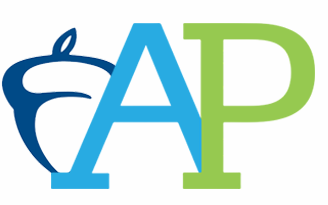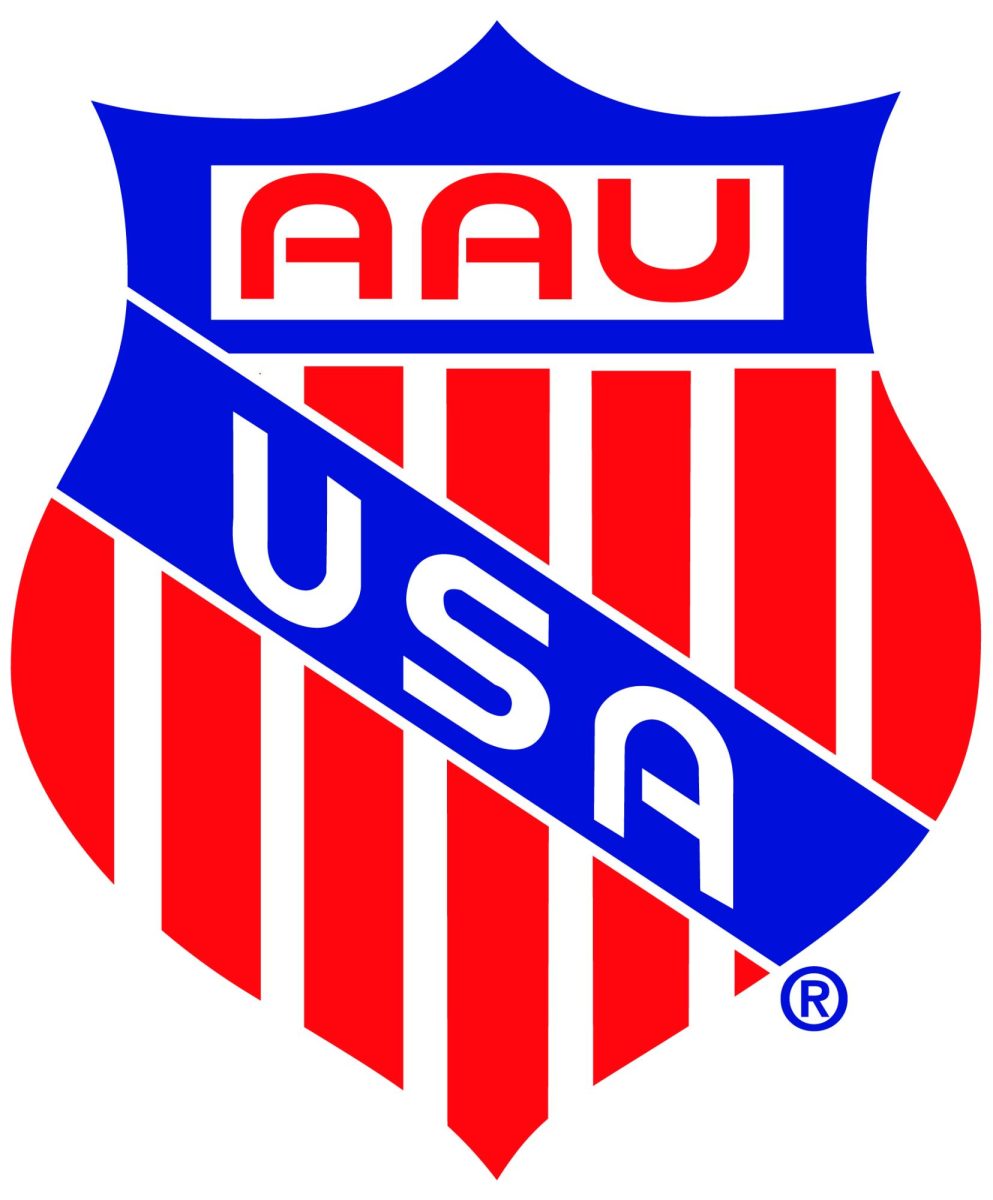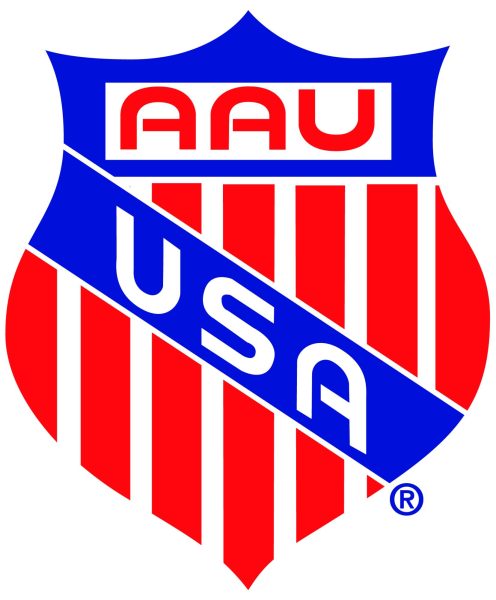AP Classes Offer College Credit and more

AP college board logo with the several classes available to all high school students
Advanced Placement or AP classes are college level courses and exams that you can take in high school without having to pay for tuition. Currently, about 2.8 million students take AP exams every year in 38 subjects. Students in those courses earn college credit when the course is completed and the exam is passed. In fact, most AP students who enroll in four-year colleges start school with some college credits.
AP courses focus on the arts, English, history and social science, math and computer science, sciences, and world languages and cultures. Like Mr. Mitchell, AP Calculus teacher, that “mostly teach juniors and seniors in AP Calculus AB… put more of the responsibility on them to work on assignments outside of class either on their own or in study groups.” Taking AP courses in high school can help students develop their passions and figure out what kinds of courses they might be interested in taking in college. Even Paapa Kusi, senior, said, “after taking AP Computer Science Principles, I wanted to find out so much more about this subject and how it’s been integrated into our everyday life. This led to me taking more rigorous computer science courses and even traveling to a university to further my knowledge on the subject.”
Although AP courses are college level rigor, students have support and guidance in order to help them succeed. Ms. Ingram, who teaches AP Language at Wesley Chapel High school, said, “I’m there to guide them in their learning…I am there to teach them and support them however I can.”
There are several teachers that teach AP classes at Wesley Chapel High School. Ms. Geiger, who teaches AP Human Geography mainly taken by 9th graders, explains, “it takes practice and patience. The best thing they can do is just keep trying. It’s like learning a sport, you learn the basics and grow from there. The skills get more difficult as the course gets harder.” Teachers like Ms. Geiger and Ms. Ingram help students understand how AP classes can help them with college. For instance, Peyton Cullum, freshman, states that “the benefits of taking AP classes is earning college credits sooner and learning material that isn’t always available in certain courses.”
However, the benefits of hard work not only include college credits but also help with the college admission process. “AP classes have made my college application process less stressful than it could’ve been… They don’t act as the biggest selling point, but they gave me a GPA boost and demonstrated to the colleges that I wanted to academically challenge myself” states Hannah Burkhart, senior. Colleges look favorably upon students who take AP courses. “AP” on your high school transcript shows colleges you’re motivated to succeed, and taking the exam demonstrates your commitment to tackle and complete college-level work. “You’ve worked hard to master the material in your AP courses — and one way for you to demonstrate what you’ve learned is to take your AP Exams in May. Taking your exams can also show admissions officers like me that you’re ready for college-level work.” states Ronné P. Turner, vice provost for admissions and financial aid, Washington University in St. Louis
Additionally, AP courses can boost your GPA, grade point average as they are more heavily weighted. This is an opportunity for students who are seeking to raise their GPA for the college admission process to do so.
Your donation will support the student journalists of Wesley Chapel High School. Your contribution will allow us to purchase equipment and cover our annual website hosting costs.



























Wchs Student • Dec 6, 2022 at 12:34 pm
This is such a great story! Real information here!!!
adviser • Dec 8, 2022 at 1:09 pm
Thank you so much for the feedback. Our new edition will be here Dec 12!